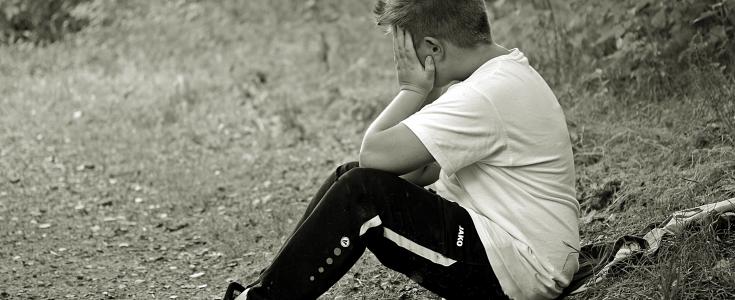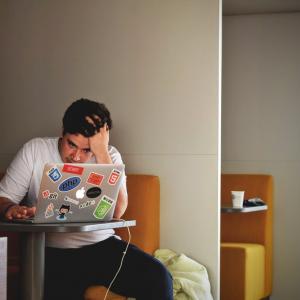Kids With A Social Phobia Are Judged And Considered Less Attractive By Their Peers
Children with social phobias are more likely to be judged as less attractive by their peers than those without anxiety disorders, according to a report from the Centre for Emotional Health, Macquarie University. Such children are also liked less by their peers, according to the study.
One of the more common phobias, social anxiety affects around seven percent of the population, with nearly half of those exhibiting symptoms before they reach 11 years of age. It's characterized by severe fear or worry about social situations and being evaluated or judged by other people.
In their study, the Macquarie team showed video footage of children giving a speech to other children in the same peer group. The results showed that children with anxiety disorders generally and social phobia, in particular, were seen as less physically attractive.
When the results were controlled for physical attractiveness, the children with anxiety disorders were no longer any less well-liked than their peers, suggesting that it is perceived physical attractiveness, not social aptitude, that plays the strongest role in likability.
The researchers hypothesize that perceived attractiveness is based in part on "micro social skills", often noticed only subconsciously. Such skills would naturally be absent or less developed in children with social anxieties. The team hopes their research will highlight the importance of identifying root causes of social disorders during childhood, given the higher probability of dropping out of school and failing to develop strong friendship faced by those with social phobias.
Source: Macquerie University
Photo: Pexels








